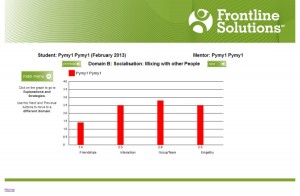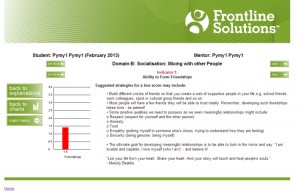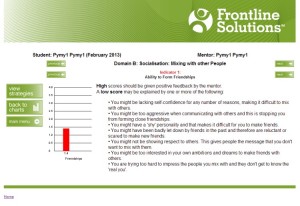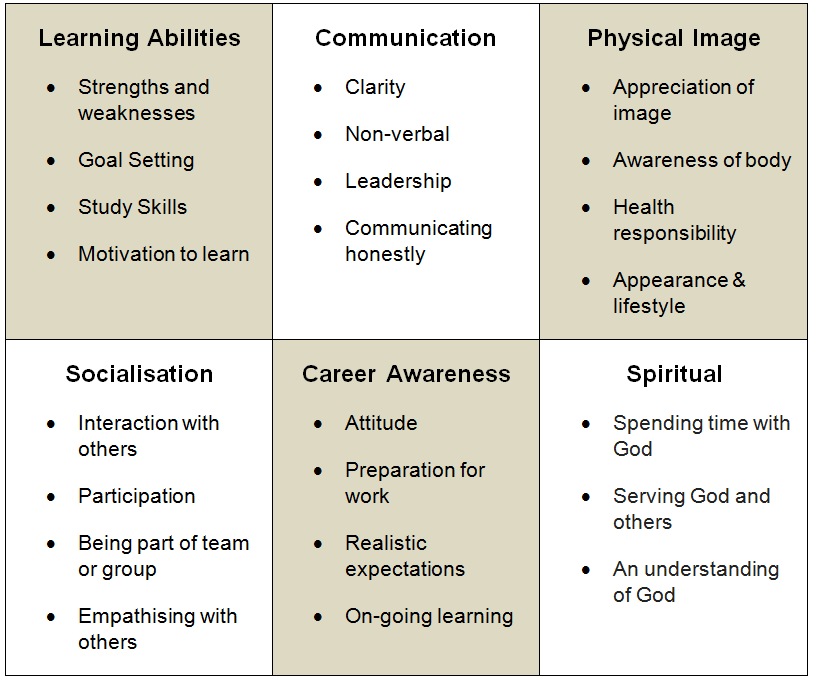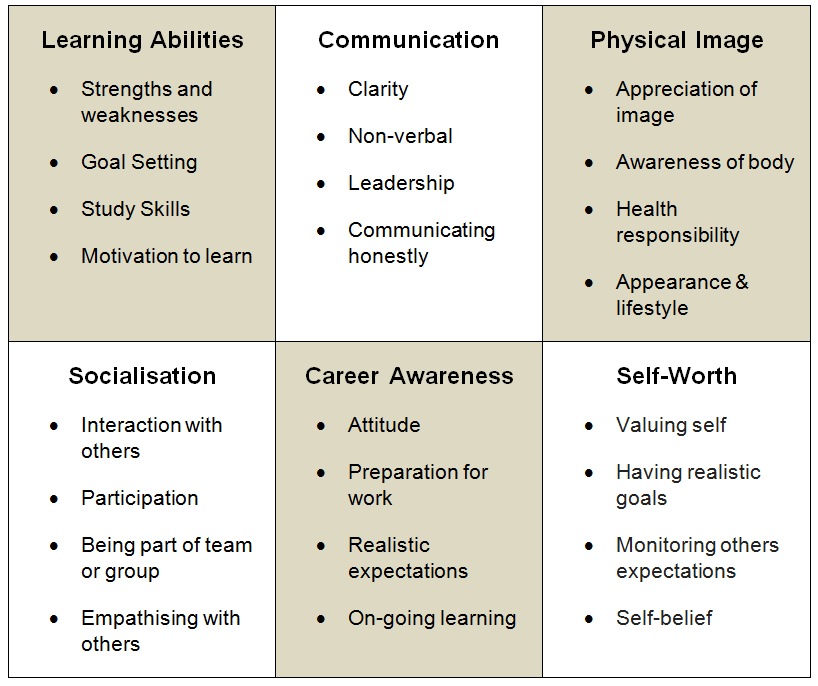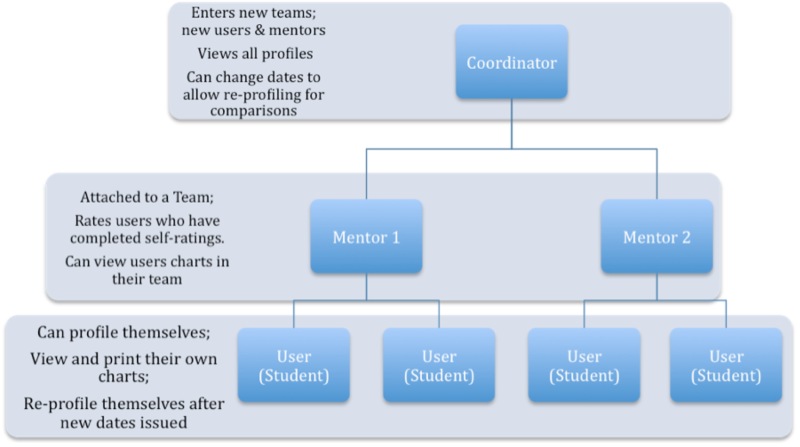Why Mentoring
 Mentoring youth has been around for centuries and become even stronger over the last decade as research proves how effective it is in helping young people to make positive choices and face difficult decisions. Young people with mentors are more likely to attend school, not participate in drugs or alcohol abuse, have positive social interactions, and have more input into growing their faith.
Mentoring youth has been around for centuries and become even stronger over the last decade as research proves how effective it is in helping young people to make positive choices and face difficult decisions. Young people with mentors are more likely to attend school, not participate in drugs or alcohol abuse, have positive social interactions, and have more input into growing their faith.
Though it can often be daunting for both the adult and young person to actually start a mentoring relationship, often the real struggle is taking it past just a positive role model relationship and actually talk about the right issues that make a difference in the life of the young person. This tool gives you strategies to do that confidently and together.
We know many churches are using mentoring in a number of different ways already, this tool will complement whatever programme you are currently using and not compete.
About the Tool
The mentor and mentee take an online test that explores how they communicate, learn, socialise, plan for the future and grow with God. That’s the starting point for looking at the young person’s strengths and celebrating what they do well. Then the mentor and mentee begin to build on an area where the young person wants to grow. The real asset with this tool is it gives the mentor and mentee clear strategies to move forward. Often a mentor asks the question, “How do I create a meaningful conversation and what do I say to help them grow?” This tool gives you ways to do that confidently and together.
The tool gives you the opportunity to retest at a later date, so that you can accurately measure the significant changes in the life of the young person. That becomes another way to encourage the great steps the young person is making.
Cost
The $20 investment to mentor a young person helps:
1) Facilitate cross generational ministry within the local church.
2) It can give the young people an easy way to focus and express themselves with a significant adult.
3) It gives the mentor and young person effective strategies on how to grow
4) It retests the young person at a later date so they can see and celebrate their progress.
And of course PYM will make sure we train your mentors to build the relationship and to use the tool effectively.
Sample Screenshots
Click to enlarge
Youth Profile
The Youth version of the tool we would recommend for use with any young people your church connects with.
A. Learning Abilities
B. Socialisation
C. Communication
D. Physical Image
E. Career Planning
F. Spiritual
Student Profile
The student profile is almost identical to the Youth profiler, except the Spiritual section gets replaced with a Self-worth section. This means you can use this tool within a secular environment such as a school setting
A. Learning Abilities
B. Socialisation
C. Communication
D. Physical Image
E. Career Planning
F. Global Self worth
From the Pilot
Jenny Bickerton, vice principal at Otahuhu Intermediate, speaks highly of the value of mentoring in helping young people develop to their full potential.
“I know there is a shining star in every child. The unlocking of how the child views herself or himself takes time.”
Jenny says that students look forward to their mentoring sessions with much eagerness, and that the mentoring is making a real difference.
“Over time I note the changes in them. This usually is to do with a far more positive outlook on life. They are happier and don’t seek attention through inappropriate behaviour so much.
“The mentoring tool itself is fascinating,” says Jenny. “As I read through one report, I could get a real handle on the way a particular girl acted as she did. The tool showed she was strong in making friendships, but had low empathy for others. While she had a strong sense of her physical acceptance, she was low in body awareness and very low in non-verbal communication. This girl’s responses are physical towards others, and she didn’t realise the threatening physical stances she assumes in confrontations. The suggestions to help those combinations are very clear and pertinent in the tool.”


